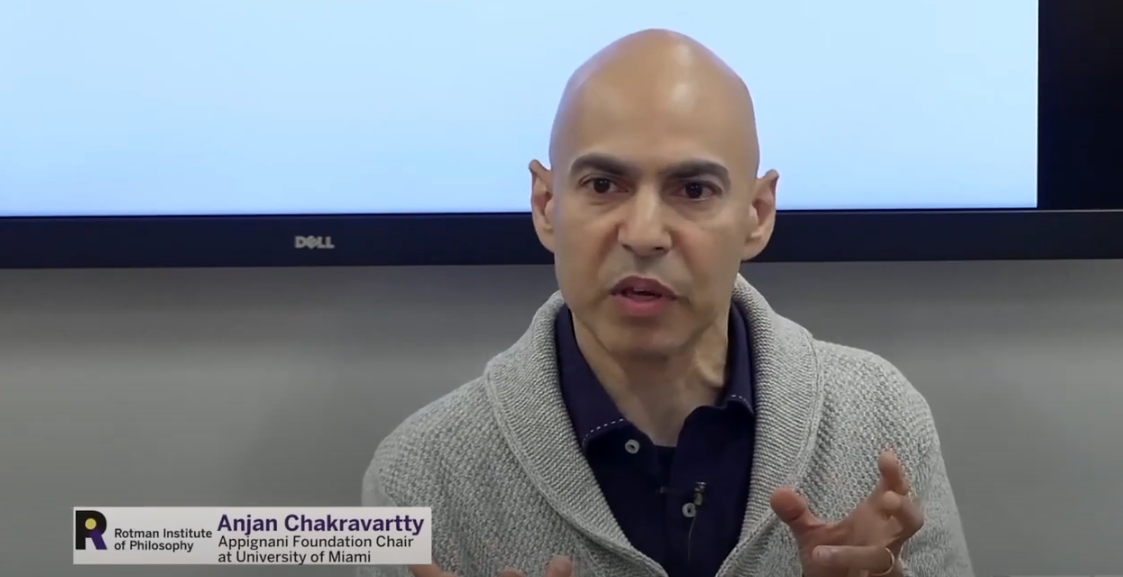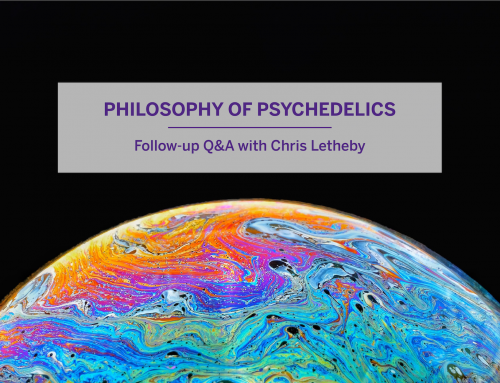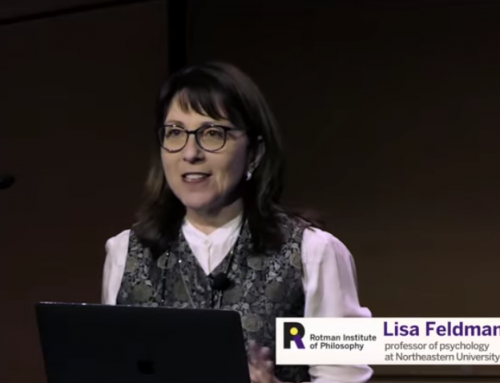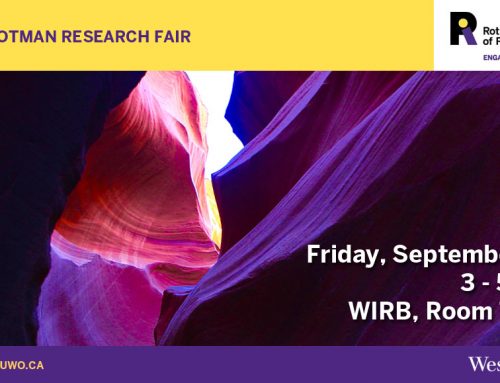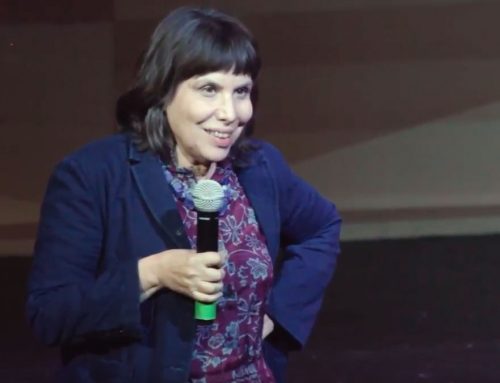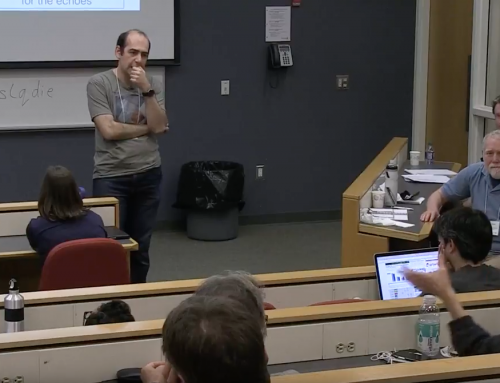The Rotman Institute YouTube channel continues to grow, and is currently up to over 4,100 subscribers. With videos from our annual speakers series, Institute hosted academic conferences, and unique events like our Rotman Dialogues, our channel includes content on a range of philosophical topics and areas. We recently started adding subtitles to our videos in order to make them more accessible. Listed below are the videos that currently include subtitles. We will be adding subtitles to more videos in the new year. Check out our YouTube channel to see videos from all our previous talks and events!
Happy New Year, everyone!
In 2019 Anjan Chakravartty and Stathis Psillos discussed the book “Scientific Ontology: Integrating Naturalized Metaphysics and Voluntarist Epistemology” during a Rotman Dialogue. This 4-part video series includes highlights of their commentary and discussion with others in attendance.
Anjan Chakravartty, University of Miami
Stathis Psillos, University of Athens
March 14, 2019
In 2019, Lisa Feldman-Barrett delivered a Rotman Dialogue based on her book “How Emotions Are Made: The Secret Life of the Brain”. This 4-part video series includes commentary from Lisa with highlights of her book followed by a Q&A with graduate students.
Lisa Feldman Barrett, Northeastern University
March 27, 2019
Local realism is the worldview in which physical properties of objects exist independently of measurement and where physical influences cannot travel faster than the speed of light. Bell’s theorem states that this worldview is incompatible with the predictions of quantum mechanics, as is expressed in Bell’s inequalities. Previous experiments convincingly supported the quantum predictions. Yet, every experiment requires assumptions that provide loopholes for a local realist explanation. In this paper, I will discuss the recent results from my laboratory, in which we designed an experiment that closes the most significant of these loopholes simultaneously. Using a well-optimized source of entangled photons, rapid setting generation, and highly efficient superconducting detectors, we observe a violation of a Bell inequality with high statistical significance. The purely statistical probability of our results to occur under local realism is exceedingly unlikely, corresponding to an 11.5 standard deviation effect.
Marissa Giustina, University of Vienna, Physics
Information-Theoretic Interpretations of Quantum Mechanics: 2016 Annual Philosophy of Physics Conference
June 11-12, 2016
Lee Smolin, Perimeter Institute for Theoretical Physics
Cosmology and the Future of Spacetime conference
June 14, 2017
On vital issues such as genetically-modified foods and climate change, having correct scientific knowledge is vital for making good public policy. How does philosophy help us understand science? How strong is the scientific consensus about climate change, and the effects our species has on it? Naomi Oreskes, co-author of the award-winning book Merchants of Doubt: How a Handful of Scientists Obscured the Truth on Issues from Tobacco Smoke to Global Warming, has studied the climate change debate as a historian and philosopher, and will explore the above questions, and more. Oreskes courageous work to expose deliberate attempts to sow confusion and doubt about important issues, such as climate change, is not based in rhetoric, as it is with some of the ‘merchants of doubt’ she writes about, but on looking at science using philosophical techniques.
Dr. Naomi Oreskes, Harvard University
October 4, 2013
In this talk, we’ll explore a series of experiments about emotion whose conclusions seem to defy common sense. We’ll learn that common sense is wrong, and has been for 2000 years. In the process, we’ll dispel four of the most widespread fictions about emotions that lurk in classrooms, boardrooms and bedrooms around the world. We’ll then explore a radically new scientific understanding of what emotions are and how they work.
Lisa Feldman Barrett, Northeastern University
March 28, 2019

